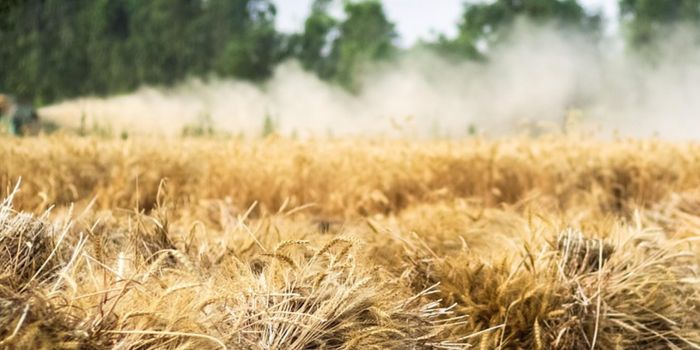Drug-Resistant Microbes Found in Many Raw Pet Foods
Raw dog food is marketed as a diet that mimics the food of dog’s ancestors. But it may pose a serious risk to both pets and their human companions. Researchers in Switzerland bought and tested 51 samples of these raw diets from different suppliers in stores and on the internet, and have found that three-quarters of the analyzed food contained bacteria that can cause gastrointestinal infections in levels that exceed the recommended limits. More than half of the foods that were assessed contained microbes that are resistant to drugs meant to eliminate them. The findings have been reported in Royal Society Open Science.
Certain types of bacteria can produce an enzyme called extended-spectrum beta-lactamase (EBSL), which can enable these microorganisms to resist the impacts of antibiotics. "It is really worrying that we found EBSL-producing bacteria in over 60 percent of samples," said the first author of the study, Magdalena Nuesch-Inderbinen, a researcher at the University of Zurich. "They include several types of E. coli which can cause infections in humans and animals."
Raw pet food is also known as a BARF diet, for biologically appropriate raw food. There is not much research that shows any benefit from these foods, but sales have still risen. The American Veterinary Medical Association has released a statement discouraging the use of these diets. They note that peer-reviewed studies have shown that a long list of pathogens may be present in these raw foods, including Campylobacter spp, Clostridium spp, enterotoxigenic Staphylococcus aureus, Escherichia coli, Listeria monocytogenes, and Salmonella spp. Cats and dogs may become infected with these microbes, and may not show symptoms.
"Raw meat-based diets may be contaminated with bacteria that are resistant to multiple antibiotics, including those categorized by the World Health Organization (WHO) as critically important for human medicine," Nuesch-Inderbinen told AFP. The danger is not limited to pets, either. "There is growing evidence that these pathogens pose a risk of infectious disease to humans not only during handling of feed but also through the contamination of household surfaces and through close contact to the dogs and their feces."
It’s thought that around 85 million households in the United States have a pet. We also know that antibiotic-resistant microbes are posing an increasing threat to public health, which could become a serious crisis, according to WHO. While the two have not yet been connected, antibiotic use in livestock is already contributing to the problem of drug-resistant microbes. The study noted that raw dog food is often made from the byproducts of livestock slaughtered for human consumption.
"The situation with multi-drug resistant bacteria has spiraled out of control in recent years," said study co-author Roger Stephan, a professor at the University of Zurich's Institute for Food Safety and Hygiene.
"We advise all dog and cat owners who want to feed their pets a BARF diet to handle the food carefully and maintain strict hygiene standards," said Nuesch-Inderbinen. "Pet owners should be aware of the risk that their pet may be carrying multi-drug resistant bacteria and can spread them."
Sources: Phys.org via AFP, Royal Society Open Science








